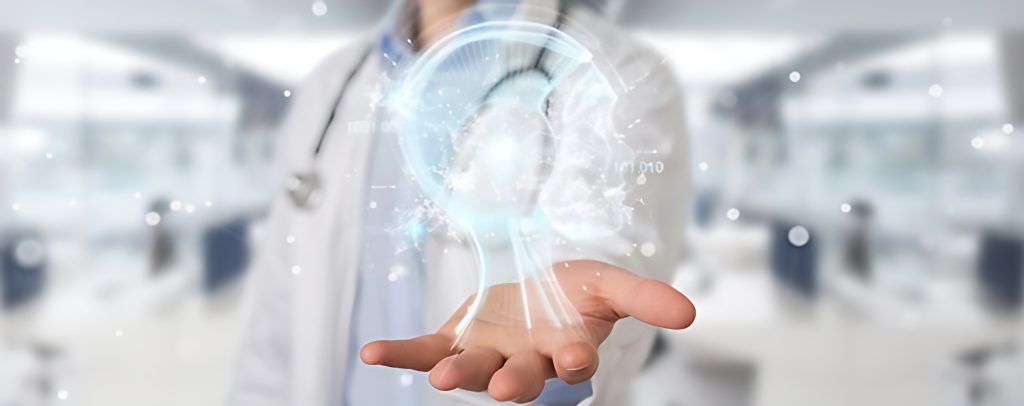The landscape of work is undergoing a monumental transformation. Artificial intelligence (AI) is no longer a science fiction trope, but a rapidly evolving reality reshaping industries and redefining the future of work. However, instead of fearing a dystopian takeover by robots, we are witnessing the emergence of a powerful force: human-AI collaboration.
This collaborative approach leverages the unique strengths of both humans and AI, creating a symbiotic partnership that unlocks incredible possibilities. While AI excels in data analysis, pattern recognition, and repetitive tasks, humans bring creativity, critical thinking, and emotional intelligence to the table. To navigate this new landscape effectively, it’s crucial to explore the AI Tools available and understand how they can augment your unique human capabilities. By combining these strengths, we can achieve:
- Increased Productivity: AI automates tedious, time-consuming tasks, freeing up human workers to focus on higher-level activities that require strategic thinking and complex problem-solving.
- Enhanced Decision-Making: AI can analyze vast amounts of data and provide insights that would be impossible for humans to process alone, leading to more informed and data-driven decisions.
- Improved Innovation: The collaborative spark between human creativity and AI’s ability to explore vast datasets can foster groundbreaking innovations and solutions across various fields.
- Personalized Work Experiences: AI can personalize work experiences by tailoring tasks, learning preferences, and providing real-time feedback, leading to increased engagement and motivation.
Examples of Human-AI Collaboration in Action:
- Healthcare: AI assists doctors in diagnosing diseases, analyzing medical scans, and predicting patient outcomes, while doctors leverage their expertise to interpret data and provide personalized care.
- Customer Service: AI-powered chatbots handle basic inquiries and resolve routine issues, freeing up human agents to address complex customer needs and build relationships.
- Finance: AI automates complex calculations and risk assessments, allowing financial analysts to focus on strategic investment decisions and market analysis.
Reskilling and Redefining Roles:
The rise of human-AI collaboration necessitates a shift in our approach to work. While some routine tasks may be automated, new opportunities will emerge. The key lies in reskilling and upskilling the workforce to adapt to the changing landscape. This involves:
- Developing digital literacy: Equipping individuals with the ability to understand and utilize AI tools effectively.
- Enhancing critical thinking and problem-solving skills: Focusing on skills that cannot be easily replicated by AI, such as creativity, complex analysis, and ethical judgment.
- Cultivating adaptability and lifelong learning: Encouraging a growth mindset and the ability to acquire new skills to stay relevant in the evolving workplace.
Ethical Considerations:
As we embrace human-AI collaboration, it’s crucial to address ethical considerations:
- Bias and Fairness: Ensuring that AI algorithms are free from bias and discrimination, as they can perpetuate existing societal inequalities.
- Transparency and Explainability: Ensuring that AI-powered decisions are transparent and understandable, allowing for human oversight and intervention when necessary.
- Job displacement: Mitigating potential job losses through responsible implementation of AI, reskilling initiatives, and social safety nets.
Conclusion:
The future of work is not about humans being replaced by AI, but rather about humans and AI working together to create a more efficient, innovative, and fulfilling work environment. By embracing human-AI collaboration, fostering a continuous learning culture, and addressing ethical considerations, we can unlock the immense potential of this transformative partnership. This will require us to stay informed about the Best AI Tools available and how they can be effectively integrated into workflows, shaping a brighter future for both work and society as a whole.
You may also like
-
Enhancing Customer Engagement: Innovative Applications of Clarity Voice’s Communication Solutions
-
Solar Energy Solutions: A Sustainable Step Toward Long-Term Growth
-
AI Story Generator Free: A Smarter Way to Spark Creativity
-
Modern Technologies in 2025: AI and Innovative Solutions
-
Mastering Odoo Implementation for Business Success

